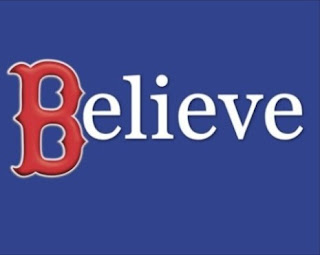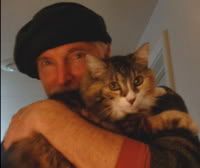Doubters Anonymous

I was performing at a very progressive spiritual center called Unity of Berkeley last Sunday and the Reverend Patricia Keel began her talk as though she was sharing at an AA meeting.
“Hi,” she said. “I’m Patricia and I’m a doubter.” It was then that I noticed that that Sunday’s program had a quasi-12 step program printed on it under the title “Doubter’s Anonymous.” All the places where the word “alcohol” would have normally appeared were left blank to be replaced by the word “doubt.”
For instance, the First Step read something like “Admit that we are powerless when it comes to doubt..” The Second said “Come to believe that a Power greater than ourselves can restore us to sanity.”The Third— “Make a decision to turn our will and our lives over to the care of God as we understand God.” Pretty brilliant analogy, really.
Cynics like to indulge themselves by claiming that the only grounded viewpoint is their viewpoint… the negative one. But when we couch doubt as just another self-destructive habit like drug addiction, it’s easier to understand that “sinking thinking” is not something to take pride in, it’s something to grow out of.
Easier said than done, however. How can we rise above doubt when doubt is intrinsic to the very thought patterns that make up the ego that is trying to escape it? It’s like trying to remove your own brain tumor. We need help from outside the infected ego structure to do this. And this is where the power greater than ourselves comes in.
You don’t have to believe in a Big Daddy God to get in touch with a power greater than yourself because the real you, the real us, is the Power greater than the self. Beyond the old assumptions, and circular arguments and dried up streams of thought is an ocean of consciousness where all wisdom and empowerment reside. We don’t have to climb out of the box, we simply have to realize that we are already out of it with the help of our practice, our spiritual community and our essential Buddha nature.
We re-enforce the realization through prayer, and through meditation— even the kind of meditation that simply separates the silent witness from the thoughts it is witnessing. (i.e. “This is not reality. This is a thought. This is not me. This is a thought.”)
From the perspective of The Witnessing or the field of infinite potential, as Deepak Chopra would phrase it, all things are possible. But we need to check in with that field frequently, like an addict with his sponsor, so we don’t slip back into insanity.
We’ve all heard that old chestnut that goes “When you assume, it makes an “ass” of “u” and “me”. Likewise when you transcend old assumptions, you bring the “trance” to an “end.”
(for a full-sized view of the graphic go to http://www.bimmermail.com/Believe2.jpg)


